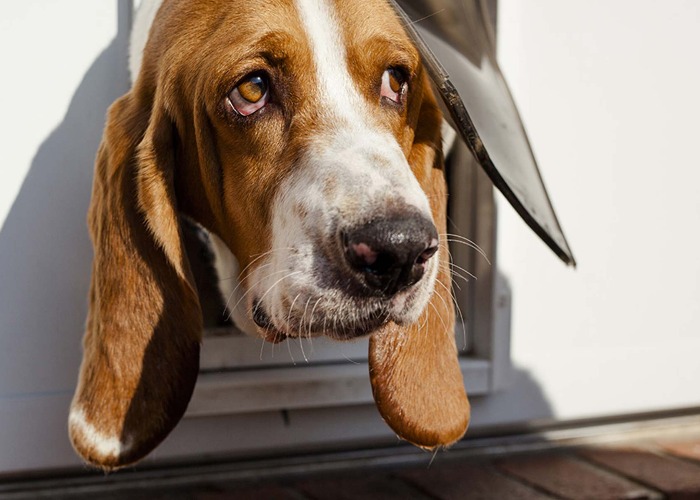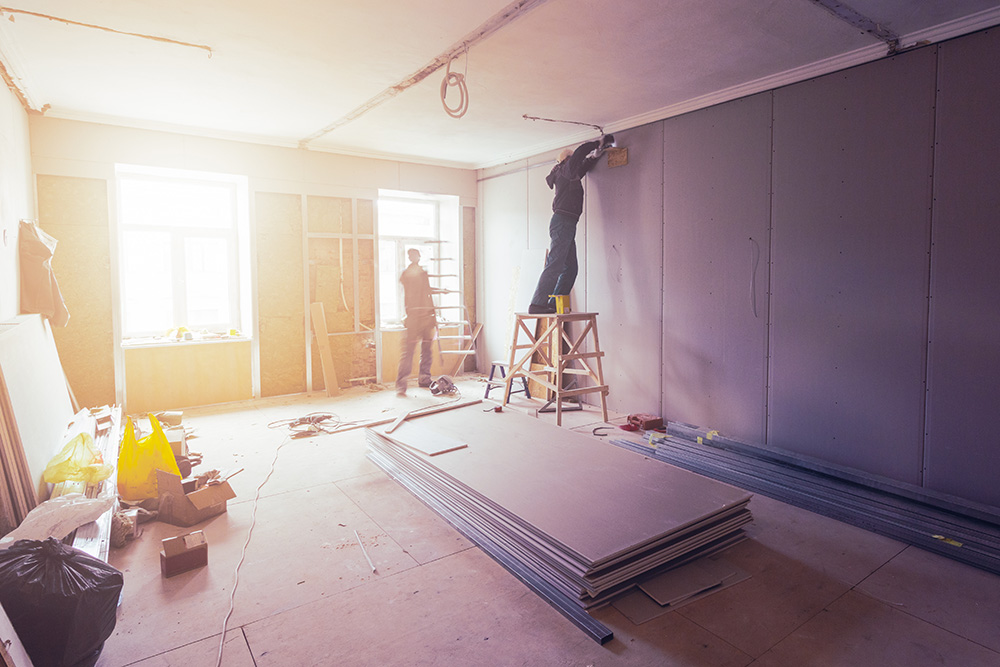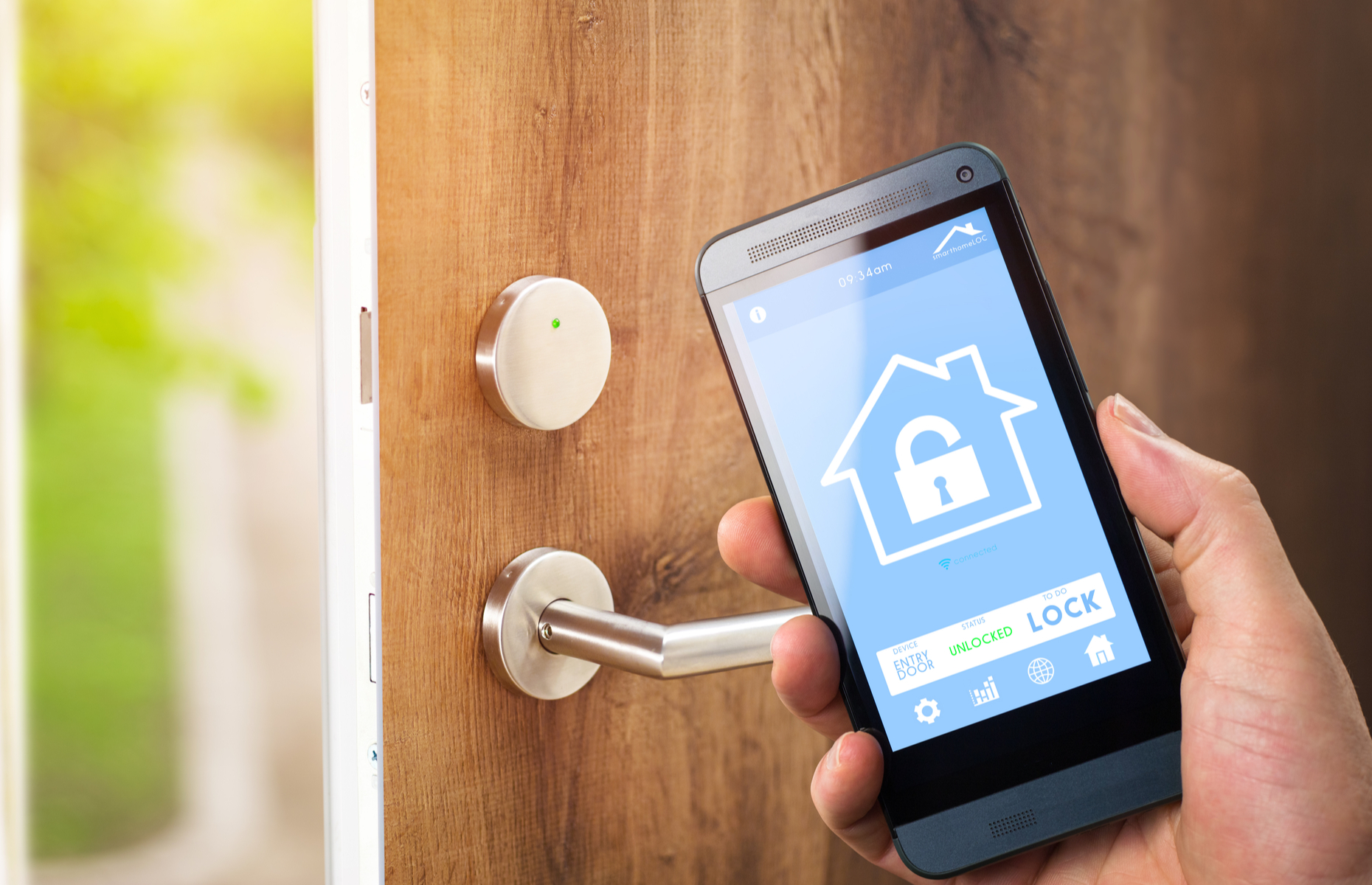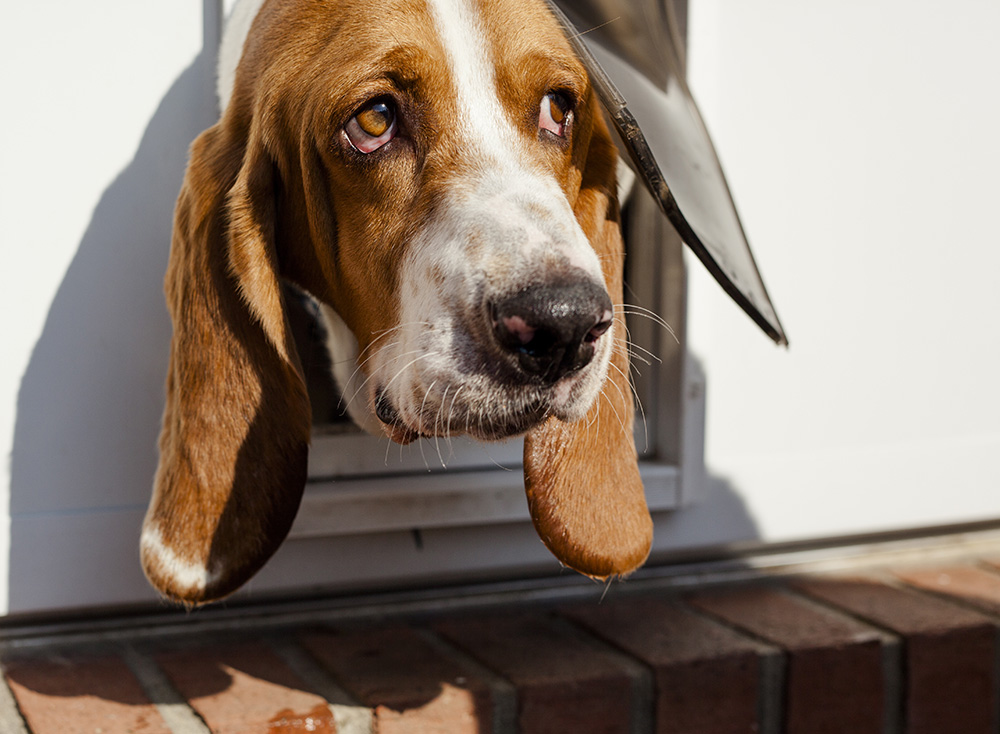8 things that could void your home insurance

Don't fall foul of these common missteps or you could find your policy won't cover you if disaster strikes...
While no one likes dwelling on worst-case scenarios, it's important to make sure that you and your property are protected should the worst happen.
READ MORE: UK's top burglary hotspots might surprise you
Plus, with more of us now venturing further afield than our living rooms, there's never been a better time to ensure your belongings are safeguarded.
Offering cover from everything from flooding to burglaries, home insurance is essential for every responsible homeowner, but it's not enough to simply purchase a policy.
Hidden in the small print, there's a whole list of do's and don't's that you need to abide by too, or you may find yourself in hot water when the time comes to make a claim.
A spokesperson for Direct Line says: “It is important that customers notify their insurer of any changes to their circumstances and provide the correct information. Failure to do so could invalidate their policy or lead to claims being rejected.”
So what should you be wary of? As part of their campaign to raise awareness of common issues that could invalidate your home insurance, Lawsure Insurance has put together a list of faux pas that may leave you unprotected.
Read on to discover the insurance missteps that could seriously cost you should disaster strike...
1. Building works

If you’re getting a kitchen extension or other works that could either increase the risk to your home or increase the potential costs of rebuilding, it’s imperative that you keep your insurance company informed or you may find you’re not covered.
Direct Line advises: “Customers must always call in advance to inform their insurer of any plans for major improvement work to their property such as an extension, so that adequate cover is in place for their contents and the building.
"It is also a requirement for the property to be both secure and watertight during the renovation work."
2. Renting out a room
If you own your property you may think you’re perfectly entitled to let out a room to whoever you want, especially with restrictions now easing, but lots of companies don’t give policies to homeowners who have tenants.
Rented rooms as viewed as a risk as you're opening up your home to someone you don’t fully know. Check with your insurer before you get a lodger – you may have to change your insurance type to ensure you're protected.
3. Sharing holiday selfies

With more of us finally packing up the car and enjoying a long-awaited holiday this summer, it may be tempting to post an obligatory selfie lounging by the sea to Instagram or Facebook. However, what you’re really telling your friends (and the world) is that your home is now empty.
While few insurance companies make direct reference to social media in their policies, they do often mention “taking reasonable care” in their documents, and with regular warnings regarding the link between burglaries and social media posts, it could be a clause that comes back to bite you.
4. Leaving your home empty
Having spent the majority of the past year and half hunkered down at home, the world is now starting to open up again and so are our diaries.
Insurance companies accept that most of us go on occasional holidays or regular weekends away but longer absences are viewed more negatively.
Each insurance company is different in terms of what it classes as a prolonged absence but as a general rule of thumb, if your house will be empty for 30 days or more it’s prudent to let your insurer know.
This rule also applies if a homeowner dies. As organising probate can be a lengthy process, unoccupied property insurance is needed if no-one will be living there for the duration.
Admiral adds: "Some insurers might also require you to take extra precautions when your home is unoccupied during the winter. This is to prevent frozen pipes from bursting during cold weather."
5. Making security changes

When you take out an insurance premium you usually have to describe the security measures at your home, including doors, locks and alarms. Any changes to this set up could affect your policy.
What might seem like a minor change, for example getting a new door or changing the locks, could compromise your policy so it’s worth letting your insurer know. On the plus side, these changes may improve your security and you could be in line for cheaper premiums.
6. Overvaluing your assets
If you accidentally (or deliberately) exaggerate how much the items in your home are worth and your insurance company finds out, it could invalidate your claim.
With the average value of a household’s contents worth around £35,000, it’s worth spending some time working out the actual value of yours so you don’t fall foul of your insurers.
7. Installing pet doors

You may love the freedom a dog flap gives your pooch but these swing doors can let in more than just your beloved pet.
Some insurers think they make your door less secure so you may need to pay a higher premium if you’re planning to add one. If you install a pet door and don't inform your insurance company, your policy may be considered void.
8. Leaving doors and windows open
This may seem like a simple one but leaving doors and windows unlocked when you pop out to the shops can invalidate a claim – and simply closing them isn't good enough.
Around 15% of burglars enter through an unlocked window, so if you have a lock system or burglar alarm in place, it should be activated and working properly to ensure your insurance is valid.
READ MORE: Hidden hazards lurking in your home
Main image: Dmussman / Shutterstock
Comments
Be the first to comment
Do you want to comment on this article? You need to be signed in for this feature